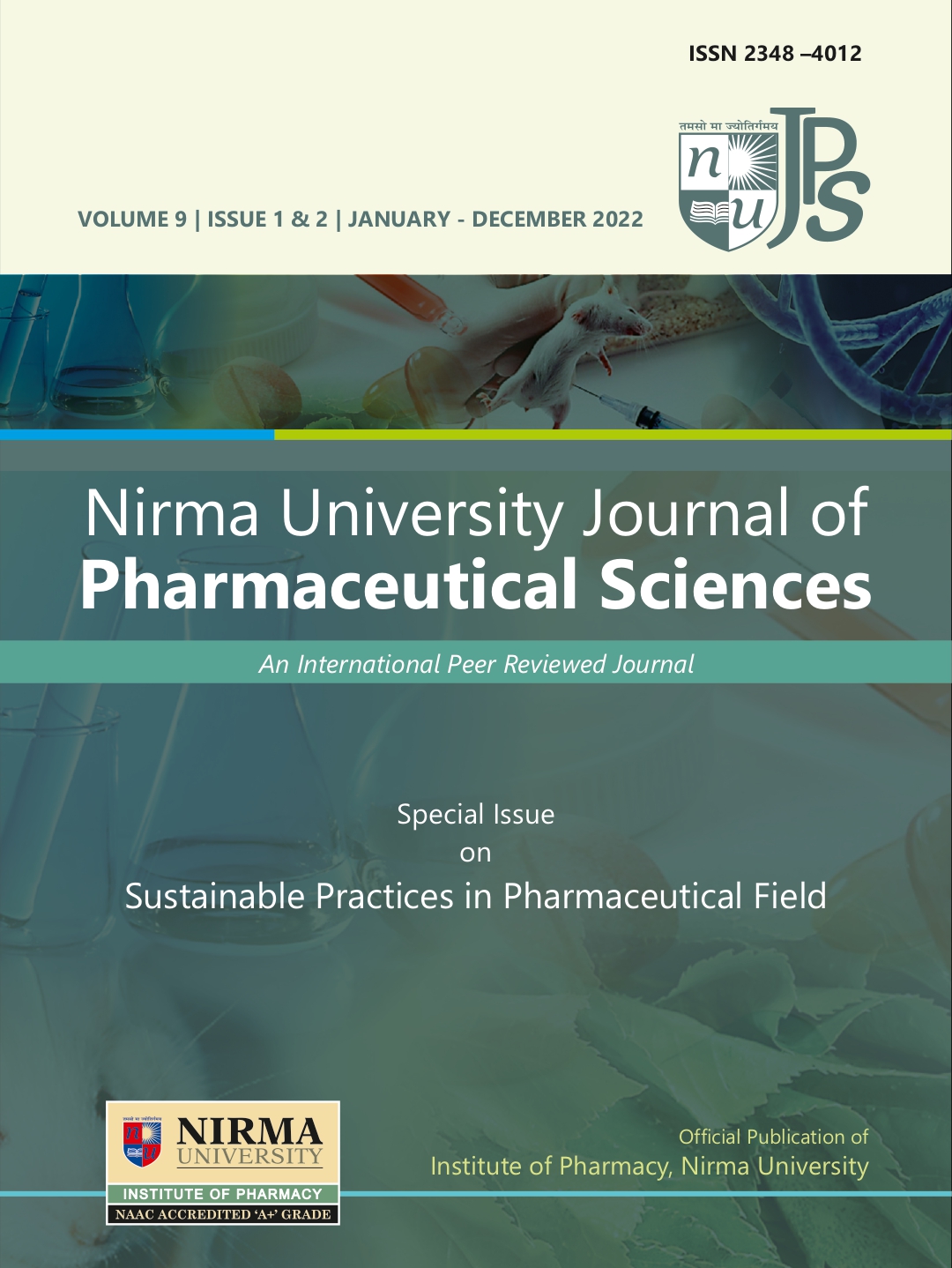THE ROLE OF MACHINE LEARNING IN BIOLOGICAL SCIENCES
DOI:
https://doi.org/10.5281/Keywords:
Machine learning, artificial intelligence, biological sciencesAbstract
In the biological sciences, machine learning (ML) has become an essential technology that is revolutionizing research methods and speeding up discoveries in a variety of fields. A thorough overview of the various uses of ML in biological sciences is discussed in this article, including drug development, protein sciences, vaccines, biosystems, and computational biology. ML models facilitate the rapid discovery of innovative drug candidates with decreased side effects and increased efficacy, hence speeding up the drug development pipeline by utilizing large-scale biological data. ML techniques are improving the prediction of protein interactions, structures, and functions in the field of protein sciences. The design of vaccines, epitope prediction, and antigen selection are all greatly aided by ML techniques. ML models evaluate genetic and proteomic data based on individual immune responses, facilitating the generation of personalized immunizations that are optimal for immunogenicity and vaccine efficacy. Furthermore, by replicating cellular processes, modeling intricate biological networks, and forecasting gene regulatory mechanisms, ML techniques are revolutionizing the study of biosystems. In computational biology, ML is utilized for phenotypic prediction, gene expression profiling, and sequence analysis. ML models facilitate the development of precision medicine techniques, the characterization of medication response patterns, and the identification of disease biomarkers by combining multi-omics data. To fully explore the potential of ML for tackling significant issues in healthcare, computer scientists, biologists, and bioinformaticians must collaborate across disciplinary boundaries. This review emphasizes the revolutionary impact of ML on biological sciences.







